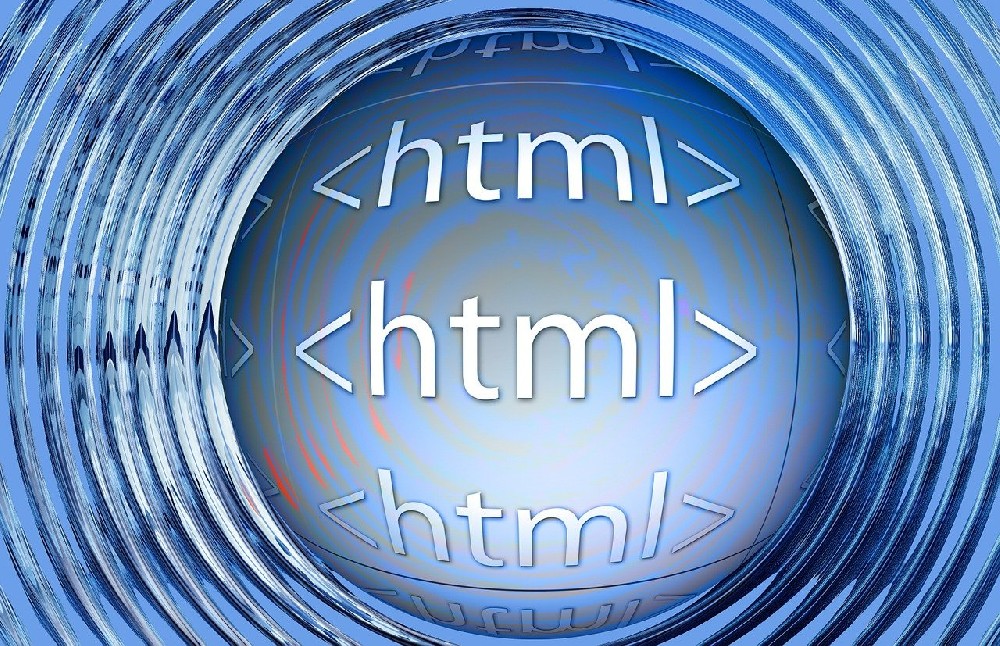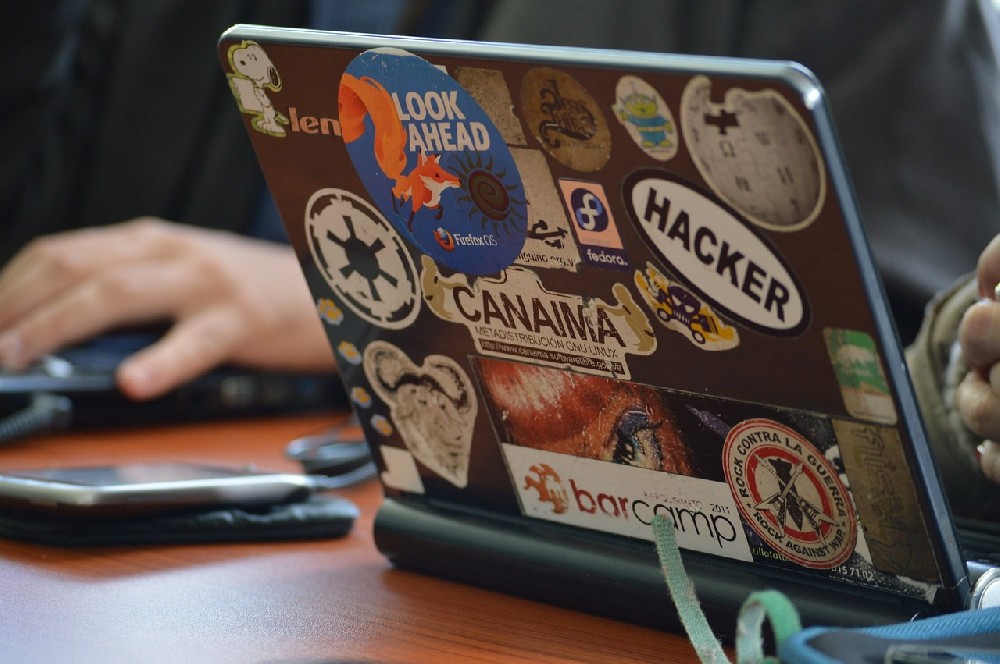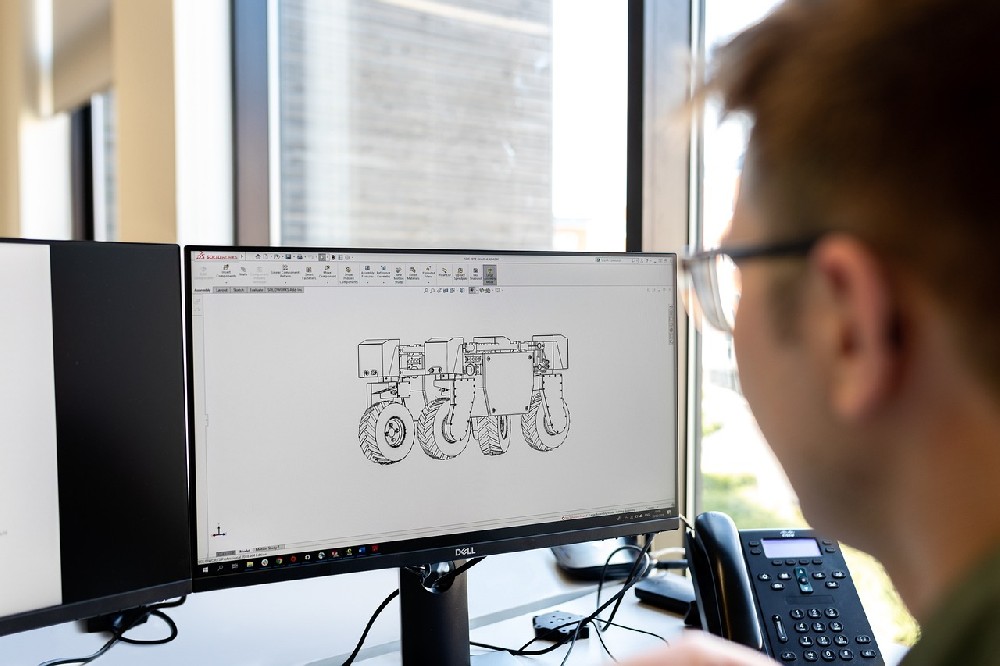The integration of Artificial Intelligence (AI) and robotics heralds a new era of technological advancements, significantly altering the canvas of numerous industries. This blend of AI's neural network capabilities with the physical interaction of robots is carving out a niche in automation, where machines are not just tools but collaborators in the human endeavor to advance and innovate. At the heart of this revolution is the healthcare sector, where AI robotics is making monumental strides. From precision surgery to personalized patient care and automated diagnostics, these technologies are enhancing the accuracy and efficiency of medical procedures. Robots, guided by AI, are able to perform complex surgeries with a precision that minimizes human error, leading to faster patient recovery times and less invasive medical interventions. Manufacturing, a sector traditionally reliant on human labor, is witnessing a seismic shift through the adoption of AI robotics. Automation of assembly lines, powered by AI-driven robots, has led to a dramatic increase in production rates and a decrease in manufacturing errors. This transformation not only optimizes production processes but also paves the way for a new era of manufacturing where customization and flexibility become the norm rather than exceptions. The retail industry is not far behind in embracing AI robotics. From inventory management to customer service, robots are streamlining operations. AI-powered robots are being deployed to navigate through aisles, restock shelves, and even assist customers with their shopping needs. This not only enhances the shopping experience but also improves operational efficiency, enabling retailers to meet consumer demand more effectively. Robotics powered by AI is reshaping the logistics and supply chain management landscape. These intelligent machines are optimizing warehousing operations, from sorting and packing to transportation logistics, ensuring faster delivery times and reducing human labor costs. The ability of AI robots to predict supply chain disruptions and autonomously react to changes has significantly increased the resilience and responsiveness of supply chains. In the realm of education, AI robotics introduces an interactive and engaging learning experience. Robots serve as tutors, providing personalized education based on the learner’s pace and style. This innovative approach not only enhances student engagement but also offers an inclusive learning environment, catering to students with diverse learning needs. Yet, the rapid expansion of AI robotics raises inevitable ethical considerations. There is an ongoing dialogue about job displacement, data privacy, and the moral responsibility of programming AI. As these technologies become more ingrained in our lives, establishing ethical guidelines and regulatory frameworks is imperative to ensure they serve humanity’s best interests. The future of AI robotics is brimming with potential. These technologies promise not just to automate routine tasks but to offer novel solutions to longstanding challenges across various sectors. As we stand on the cusp of this technological renaissance, it is clear that AI robotics will not only redefine the boundaries of possibility but also compel us to reimagine our future in a world where human and machine collaboration is the cornerstone of progress and innovation.




